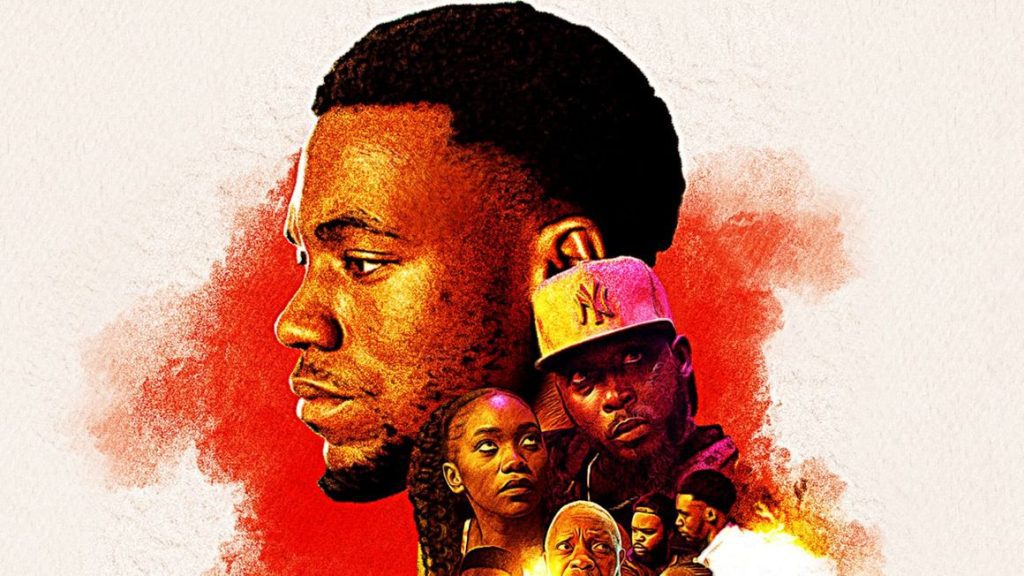Sexual and reproductive health has often been viewed as a taboo subject, but two production houses are collaborating to highlight these important issues through a collection of eight impactful films. Reach a Hand Uganda and Sauti Plus Media Hub have premiered a series of short films that focus on sexual and reproductive health, rights, and the associated justice matters.
This collection, part of the Get Reel project, includes both fictional and documentary films. It is facilitated by Docubox, an East African documentary film production company dedicated to amplifying voices and fostering social change, with support from the Hewlett Foundation and the Wellsprings Philanthropic Fund.
The films in this collection include Unasemaje (fiction), Unyagoni (documentary), Before Sixteen (documentary), Detour (fiction), Jimbi (fiction), Sukari (fiction), 1992 (fiction), and Red Line (documentary).
One notable film is Unasemaje, directed by Kelvin Kagambo from Tanzania and produced by Wilson Nkya. It tells the story of a girl in a fictional coastal town who mysteriously becomes pregnant just weeks before her wedding, claiming an Immaculate Conception. The film explores the differing viewpoints of her traditional mentor, mother, and fiancé as they discuss how to handle the situation.
Unyagoni, directed by Saitabab Kaiyare and produced by Mumo Liku from Kenya, follows Bahati Ngazi, a young sex educator on a journey to advance her status from an advanced beginner, or ‘Mkileso,’ to an intermediate educator, known as ‘Kungwi,’ in the traditional Swahili cultural sex education known as ‘Unyago.’
In Before Sixteen, directed by Loic Niyonnkuru and produced by Kaneza Floriane from Burundi, Rwanda, and Kenya, Elizabeth reflects on her experience of becoming a mother at 16 after a sexual assault. Fifteen years later, she confronts her past and the challenges of raising her child under difficult circumstances.
Detour, directed by Wanjiru Kairu and produced by Gakuru Gachoki from Kenya, tells the story of Kwambox, who faces significant life choices after a passionate night with her ambitious cousin. The plot thickens as secrets are revealed during a mysterious detour, testing their relationship.
From Uganda comes Jimbi, directed by Ivan Tusabe and produced by Pius Talemwa, which follows a timid man who witnesses a sexual assault but chooses to look away. This decision leads to the development of a mysterious rash that threatens to transform him into a mythical creature known as Jimbi.
Sukari, directed by Omar Hamza and produced by June Wairegi from Kenya, depicts a conservative Muslim man whose life is turned upside down when his wife demands an orgasm.
The film 1992, directed by Gilbert Lukalia and produced by Shirleen Wangari from Kenya, provides a glimpse into the dating scene of Nairobi in 1992 through the eyes of a modern-day couple.
Lastly, Red Line, directed by Timothy Mwaura and produced by Sarah Mallia from Kenya, follows Jackie, a survivor of sexual assault, as she seeks justice in a system that continually fails her.
This project, initiated by Docubox and Mema Afrika through the Simulizi Festival, gathered filmmakers from across East Africa, immersing them in discussions and knowledge regarding sexual and reproductive health and rights (SRHRJ).
The premiere took place on September 6, 2024, at the International University of East Africa in Kampala, attended by development partners, filmmakers, advocates for sexual and reproductive health rights, and young people.
During the event, Teddy Chimulwa, National Project Officer at UNESCO Uganda, highlighted that these stories are not just for entertainment but serve as powerful advocacy tools. They aim to engage policymakers, community leaders, and the public to raise awareness and drive action on SRHR issues that significantly impact Africa, especially Uganda.
The event featured a panel discussion with influential figures, including Natasha Nyonyozi, Miss Uganda 2024; Elizabeth Kemigisha, Advocacy and Policy Manager at FIDA Uganda; and Sheila Kasabiiti, Programmes Manager at Reach A Hand Uganda.
Ivan Tusabe, director of Jimbi, expressed the desire to create meaningful narratives that address sexual violence in communities. He urged collective responsibility, stating, “If you see something happening, always try to help in any way you can. Tackling these issues is more effective when done as a community rather than as individuals.”



















